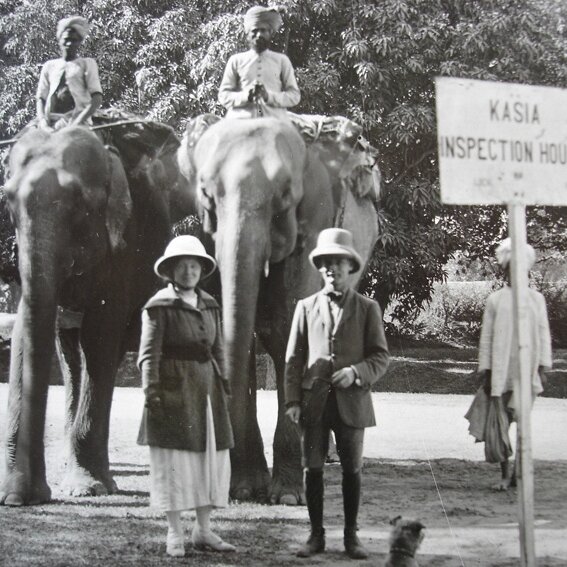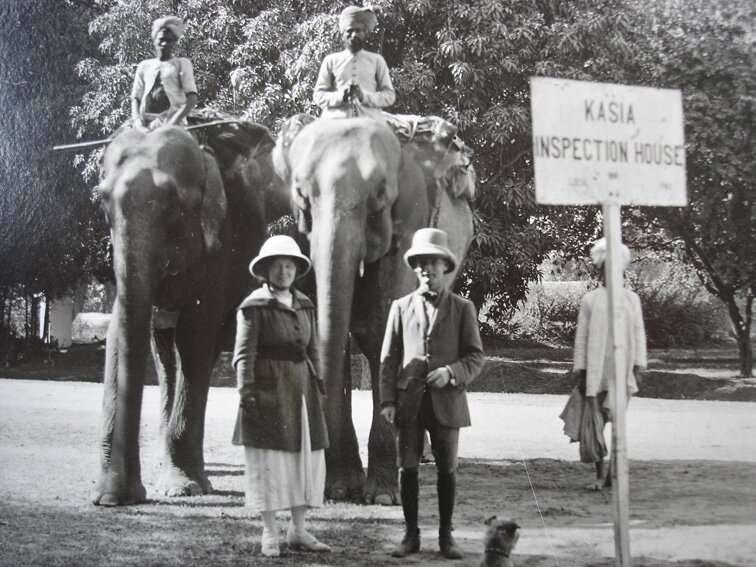Alfred Foucher

Alfred Charles Auguste Foucher (21 Nov. 1865, Lorient — 30 Oct. 1952, Sceaux, France, was a French archaeologist, philologist, art and religion historian specialized in Buddhist iconography, a member of the French Société Asiatique and the Commission archéologique de l’Indochine, and the Director of EFEO in Hanoi from 1905 to 1907.
With famous Sanskritists Abel Bergaigne (1838−1888) and Sylvain Lévi (1863−1935) as mentors, he developed a lengthy career as an academic (professor at Ecole Pratique des Hautes études and Sorbonne University) and an indefatigable traveling archaeologist, working in Java, Afghanistan, Iran, India, Japan, lecturing at many universities worldwide, from Harvard to Lahore. He was a close friend of archaeologist Louis Finot, and of German and Dutch Indianists and archaeologists.
After his 1884 dissertation ‘Les scenes figurées de la légende du Buddha’, he accumulated a remarkable knowledge on Buddhist iconography and art. His doctoral thesis in 1905 was titled L’art gréco-bouddhique du Gandhâra. He wrote about Angkor as early as 1908: Sur les ruines d’Angkor (Bulletin EFEO 1908.- Bulletin Commission de l’Asie francaise, Feb. 1908).
On 14 Feb. 1919, Alfred Foucher married in Colombo (Sri Lanka) Eugénie ‘Ena’ Bazin (7 Oct. 1889 – 30 Jan. 1952), whom he had met during her studies at Sorbonne University, where she majored in English with a dissertation on Rabindranath Tagore. Together, they traveled and published extensively during the following decades, in particular La vieille route de l’Inde de Bactres à Taxila, Paris, 1942 – 1947 (vol. I. Introduction, 1re et 2e parties, 1942 ; vol. II. 3e partie, appendices, 1947) (Mémoires de la DAFA I) viii-426 p.
Fluent in Parsi and Hindi, Ena Bazin-Foucher was able to converse with Queen Soraya Tarzi of Afghanistan without the help of an interpreter. She assisted him through his mission for the Archaeological Survey of India. Later on, Alfred Foucher would be a resolute promoter of young female archaeologists and orientalists in this rather male-chauvinistic milieu.
Ena Bazin-Foucher and Alfred Foucher in Kushinagar, India, 1920 (from Annick Fenet, De la Sorbonne à l’Asie. Routes orientalistes d’Ena Bazin-Foucher (1889−1952), in Genre & Histoire, Voyageuses et histoire(s), fall 2011).
- Related Books

